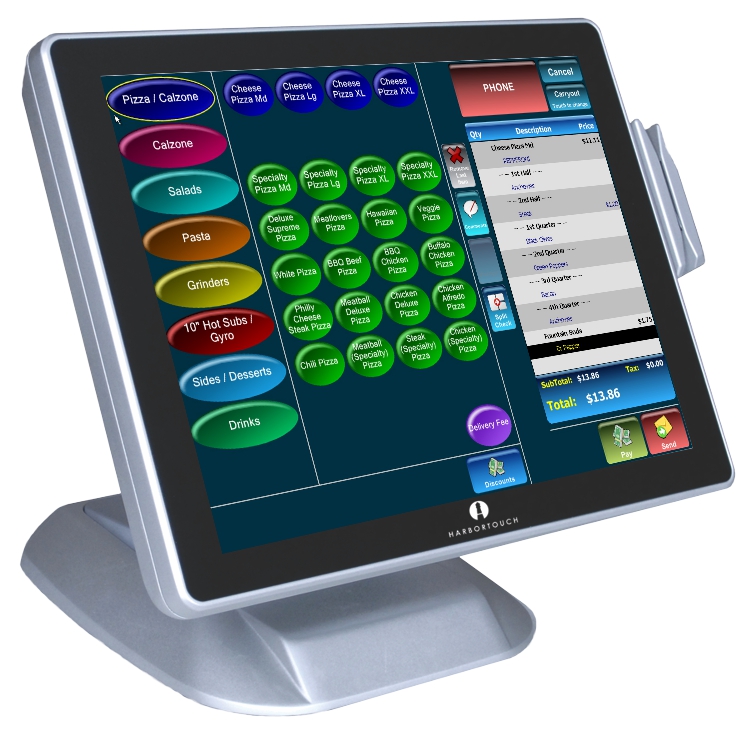There are still many companies that use filing cabinets, reminders through sticky notes and spreadsheets for managing their accounting functions. Some businesses may even manage fine with these tools. Their accounts appear to be reconciled; they disburse their checks in time and even manage to pay their vendors regularly.
However, can they manage when their CEO asks for a report on revenues generated from all their new customers since the beginning of the year? In that case, if you manage your accounting system manually and come across such issues, it is time to switch over to an ERP accounting software. Such software offers several advantages to the bookkeepers as well as the businesses.

However, though you are now convinced that your business needs an ERP accounting software, you could be unsure of your readiness. Check out the signs mentioned below to indicate that your business does need accounting software.
Unable to keep track of your customers
Do you often have to go through several shelves or drawers to find that crucial sheet of paper or the file where you stored the financial information of your customers, such as discounts, transaction history and credit limits? If that is the case with you, it is high time to purchase an ERP accounting solution, which will allow you to store all these data in a single location. You can even add custom fields to help you in tracking unique information about certain customers.
Difficulty in managing financial data of employees
As your business expands, it becomes tougher to manage the financial data of your employees. When you get ERP accounting software for your business, you will find it simpler to track deductions, paychecks, and taxes for all employees in your organization or for the team members of your client. When the financial data of your employees is in a single place, payroll can be much smoother. There are many applications where you just need to enter the number of hours worked and your software will do the rest. There is some accounting software that can even make direct deposits and print checks. Since this accounting software automatically calculates the deductions for the employees, tax time becomes easier too. Payments can be disbursed on the basis of information provided by them.
You are unable to track your inventory in an efficient manner
As you start selling more products, you need to find out a way to update and store your inventory data using a real-time system. There are several versatile ERP accounting software that come with built-in features for inventory management and updates your inventory automatically whenever a sale is logged.


